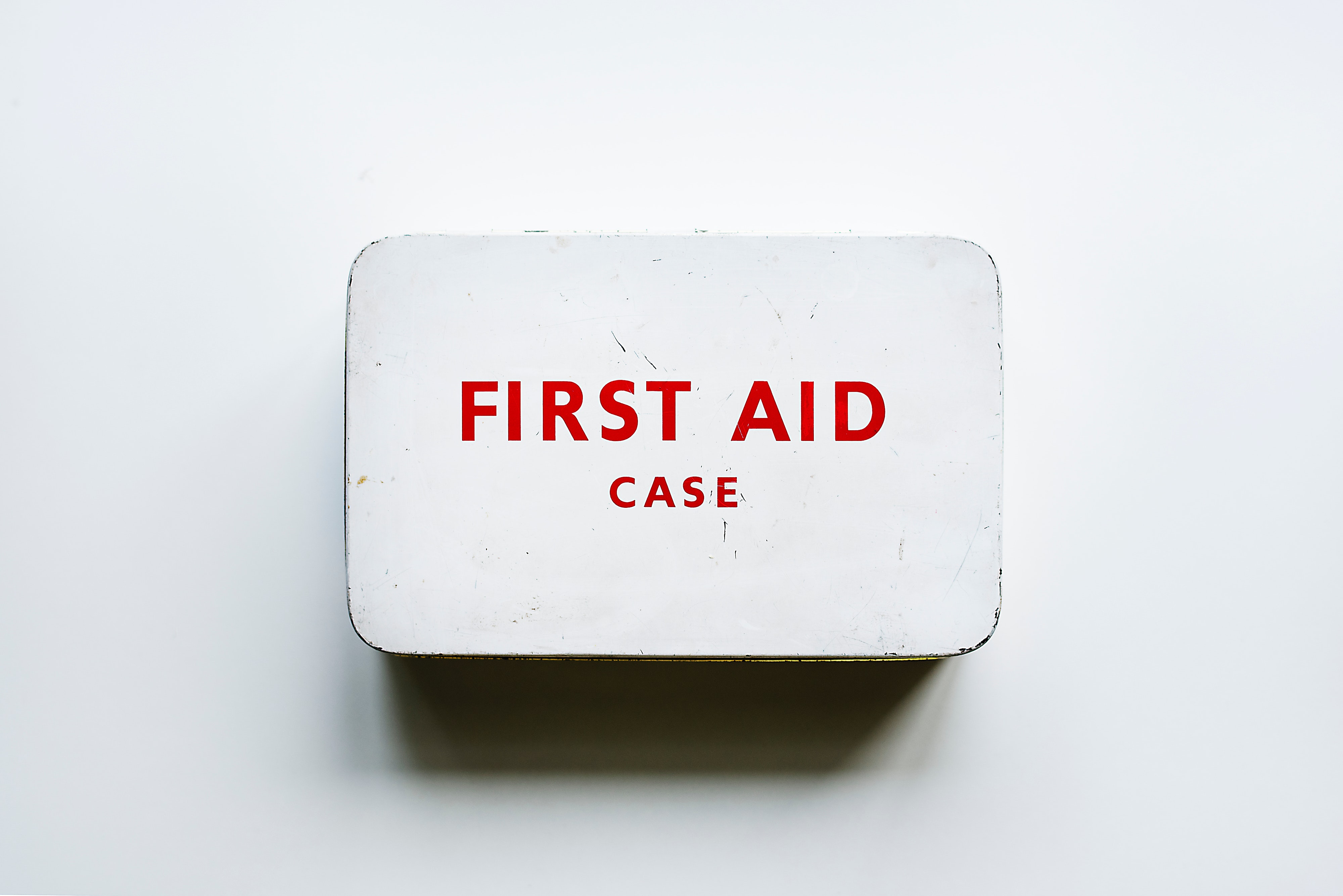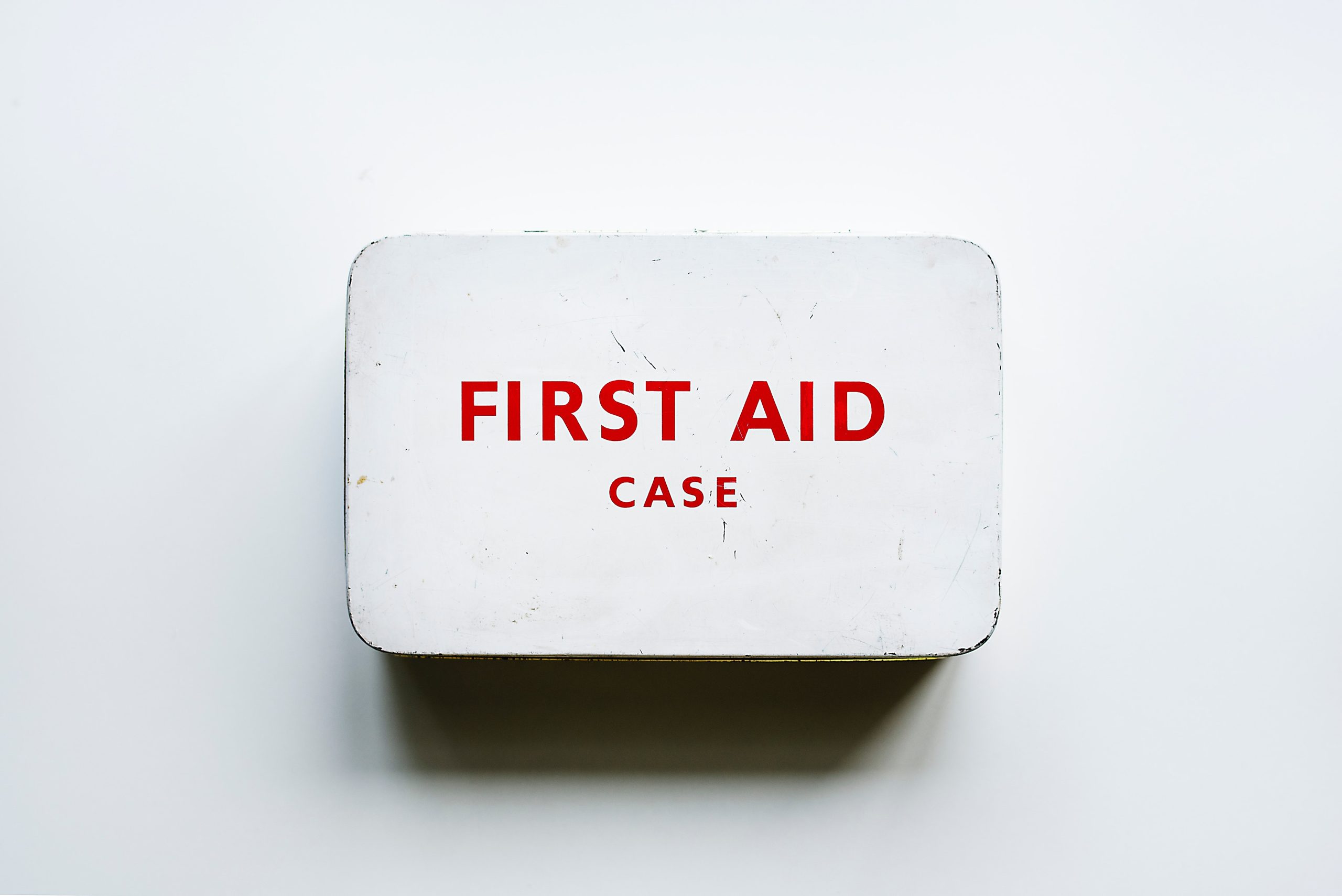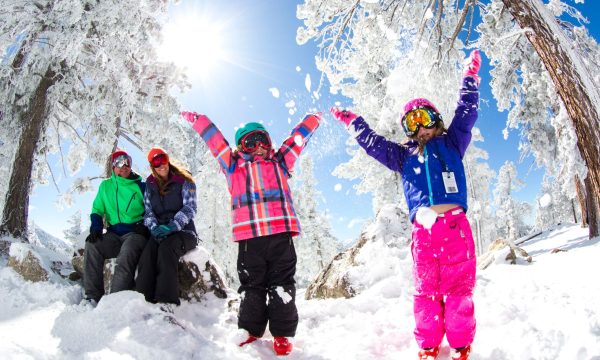These week's earthquakes serve as a reminder to Angelenos on the importance of being prepared for disasters big and small.
According to the U.S. Geological Survey, a magnitude 7.1 earthquake struck at 8:16 p.m. Friday about 9 miles west-southwest of San Bernardino County's Searles Valley. The quake occurred on the same fault that generated a magnitude 6.4 foreshock on July 4th.
The Red Cross offers these safety steps you should follow:

During an earthquake, avoid moving around. Drop, cover and hold on.
- Try to protect your head and torso. If you are sitting at a desk or table, get under it. Otherwise, drop wherever you are.
- If you are in bed, stay there, curl up and hold on. Protect your head with a pillow.
- Stay indoors until the shaking stops and you are sure it is safe to exit.
- If you must leave a building after the shaking stops, use stairs rather than an elevator in case of aftershocks, power outages or other damage.
- If you smell gas, get out of the building and move as far away as possible.
- Before you leave any building check to make sure that there is no debris from the building that could fall on you.
If you are outside, find a clear spot away from buildings, power lines, trees and streetlights. Drop to the ground and stay there until the shaking stops.
- If you are in a vehicle, pull over to a clear location and stop. Avoid bridges, overpasses and power lines if possible. Stay inside with your seatbelt fastened until the shaking stops. Then, drive carefully, avoiding bridges and ramps that may have been damaged.
- If a power line falls on your vehicle, do not get out. Wait for assistance.
- If you are in a mountainous area or near unstable slopes or cliffs, be alert for falling rocks and other debris. Landslides are often triggered by earthquakes.
After an earthquake, expect and prepare for potential aftershocks.
- Anytime you feel an aftershock, drop, cover and hold on.
- Aftershocks frequently occur minutes, days, weeks and even months following an earthquake.
- Also prepare for potential landslides, or a tsunami if you live in a coastal area.
DOWNLOAD RED CROSS APPS The Red Cross app "Emergency" can help keep you and your loved ones safe by putting vital information in your hand for more than 35 different emergency alerts. The Red Cross First Aid App puts instant access to information on handling the most common first aid emergencies at your fingertips. Download these apps for free by searching for 'American Red Cross' in your app store or at redcross.org/apps.
BE READY FOR DISASTERS
Getting prepared is easier than you may think. Your family can prepare by taking three simple actions:
- GET A KIT. Your emergency kit should contain supplies for at least three days, including a gallon of water per person per day, non-perishable food, a flashlight and extra batteries, a first aid kit, medications and copies of important documents. Don't forget to grab items, such as diapers, for young children, and any supplies for family members with special medical needs. See full details here.
- MAKE A PLAN. Make sure to plan what to do in case you are separated from your family during an emergency and what to do if you have to evacuate. Coordinate your plan with your child's school, your work and your community's emergency plans.
Include your pets in your emergency plans. Remember, if you and your family need to evacuate, so does your pet. It's important to plan in advance to know which pet-friendly hotels are in your area, and where your pets can stay in an emergency situation. Find full details and easy-to-use plan templates here.
- BE INFORMED. Be informed about what disasters or emergencies may occur where you live, work and play, and how to respond as safely as possible. Find out how local officials will contact you during a disaster and how you will get important information. Take a first aid, CPR and AED course, so you'll know what to do in case help is delayed. Learn how to get fully informed about emergencies here.
The American Red Cross Los Angeles Region will continue to keep its shelter open this weekend at the Kerr McGee Community Center (100 W California Avenue, Ridgecrest, CA 93555) to offer services to those impacted by the two earthquakes that shook the region on Thursday and Friday.
The Red Cross shelter has provided services to at least 340 people since the shelter opened on Thursday, and it will remain open as long as it is needed to assist families affected by the earthquake who need a safe place to stay, have a meal and shower and a shoulder to lean on.
Red Cross volunteers are providing comfort and care to those who have been affected including mental health and disaster spiritual care.
The Red Cross shelter is also open for residents and their small animals and is working with Kern County Animal Services with trailers onsite offering food and pet supplies to people with pets.
Red Cross emergency response vehicles are in Trona and Ridgecrest delivering drinking water and meals in the field for those affected by the earthquakes. These vehicles will also be distributing clean up kits that include a bucket, mop, broom and cleaning liquids. Distribution is expected to continue throughout the week as is needed.
For more information and preparedness tips, visit redcross.org/prepare.














